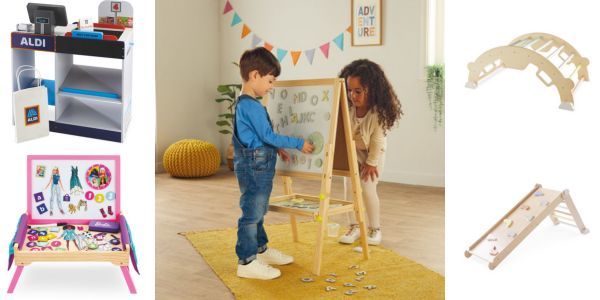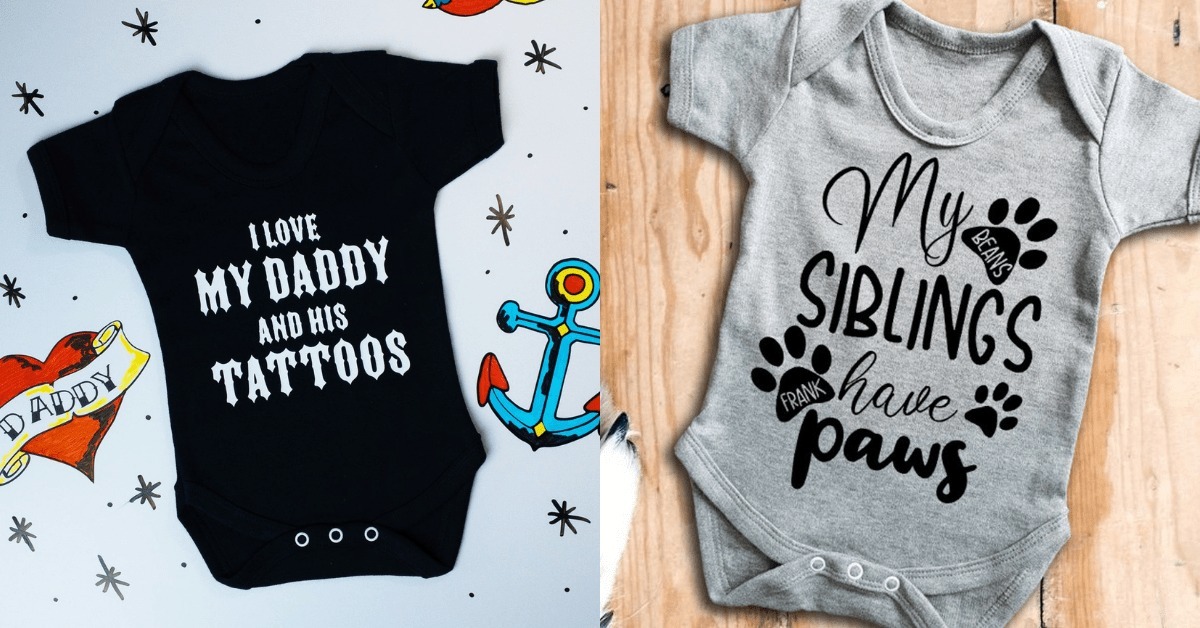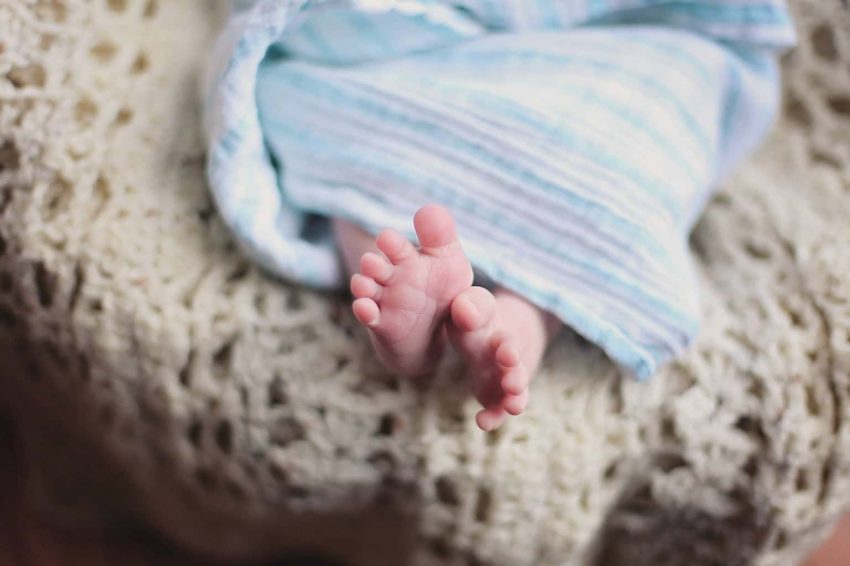

Deliver naturally or be judged?
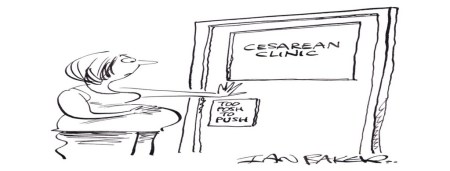
Labour; every pregnant woman has to go through it. Delivery and birthing stories; no two are the same.
Everyone dreams of the ‘perfect’ birth, wether it be at home, in the birthing pool or just a straight forward (hopefully quick) natural delivery. Sadly, this is not always the case and at our time of need the body and risk factors can completely determine the end result.
Statistics show that one in every three women now deliver by caesarean section, wether it be planned or due to an emergency. This rate has risen dramatically over the years as well as the number of woman being induced. So with this being the new ‘norm’ it could be assumed that it would be considered as valid and as normal a birth as any, right? Wrong.
There is a very real stigma attached with caesarean (C-section) births that is on-going and very delusional and damaging for new mothers. The term that is loosely thrown around is ‘too posh to push.’ This is extremely demeaning and an uneducated statement that is used by people who obviously find it acceptable to judge. Many women have also been belittled and judged by their use of pain relief during labour. After all, there is no right or wrong way to deliver a baby, only the safest way.
Louise Silverton, director for midwifery at the Royal College of Midwives stated in an article: “Some women do opt for a caesarean section because they can’t cope with the uncertainty, they control the rest of their lives, but they can’t control labour.”
Furthermore, a photographer in March of this year refused to work with a woman who had a C-section claiming: “A surgery isn’t a birth, my dear”, and accused her of ‘cutting corners’.
Examples of real comments made C-Section shaming.
Four case studies have been conducted for this article’s purpose and the women are of all ages and backgrounds as well as first-time mothers or growing families. The case studies concluded that every birth was completely different even if the delivery methods were the same. The way each mother dealt with it or struggled with mental health afterwards was also shown. This is what some of the mothers had to say regarding the stigma and what it means to them:
Emma Duke, 25, said: “I think it’s because C-sections have a bad reputation of being purely for vanity reasons when in actual fact they are not. They don’t get spoken about enough and in my experience information about them isn’t given so freely by midwives and healthcare professionals.”
Pamela Aikman, 35, said: “There is definitely a bias against caesarean. The phrase ‘too posh to push’ comes to mind. It’s seen as the easy way out to some. However, really major abdominal surgery is the last option most would pick. Yes, negative comments could impact on a new mother who is already feeling low post-partum. I think that they should stop glamourising C-sections as the rich and famous seem to favour. It should be used in real life emergency cases for those with health implications.”
The evidence gathered concluded that every mother, even mothers who delivered naturally, agree that there is a very real stigma and that it has to end. The resounding understanding of the cause is lack of education and knowledge surrounding birthing methods provided during pregnancy. Social media, celebrities and vanity also play a part. They all agreed that negative comments and judgement could without a doubt lead to post-natal depression and other mental health issues.
An online survey was also conducted to gather information from mothers on their thoughts and opinions of this on-going debate. The evidence gained scarily illustrated in black and white that some mothers agree that natural delivery makes them a better parent. However, most people voted against this – there is a minority of people who still believe natural is the ‘only’ valid way.
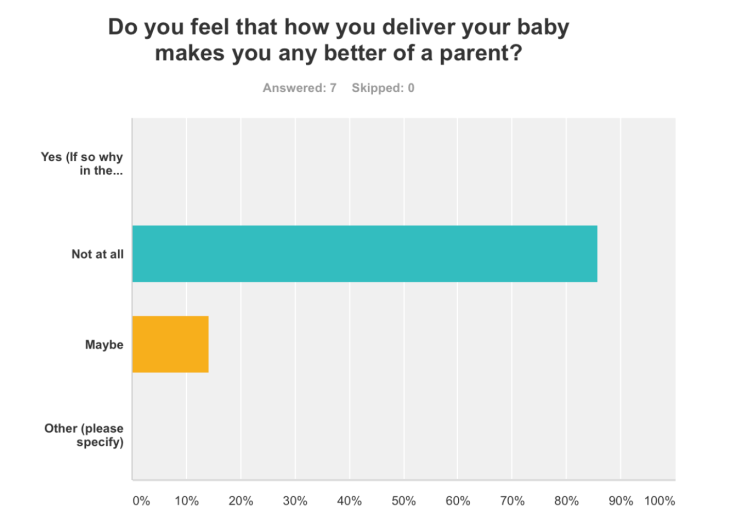
Other results from this revealed that women have been known to ‘boast’ about not using pain relief during labour and have been mocked for the duration time of their labour.
Competition and a little envy also spring to mind. Some women can be especially patronising and insensitive towards each other when it comes to their children and birthing stories. They crave the attention, and also in this generation, the likes on social media. They love nothing more than to out-do each other and over emphasise how their situation is harder/better.
Communication is key, without it life and new found motherhood can be an extremely daunting and lonely place. Recovering from physical and mental trauma or just birth in general takes time as well as healing and no one should ever have to justify or explain their birth experience or be made feel any lesser for their choices or medical decisions.
Realistically, it all falls down to naivety and lack of empathy and full knowledge, and unfortunately, that you cannot please everyone or change a deep rooted opinion, regardless of the factors. Truth and matter of fact births can go off course when least expected and some women suffer gravely. We should all be kind and considerate as not one person can understand the fear and thoughts in the moment and every single person is different.
So, whether you are anti C-sections or pain relief, bear in mind that it does not affect you and that their baby is safe, healthy and loved.
Written by Nicole Egan for her blog madisonandme.

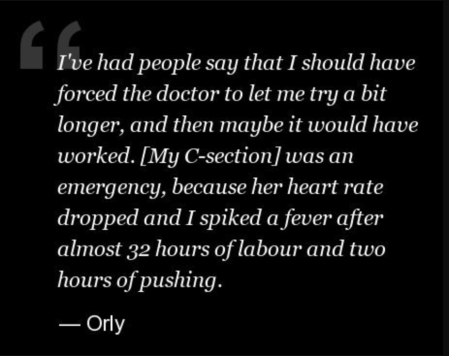

.jpg)
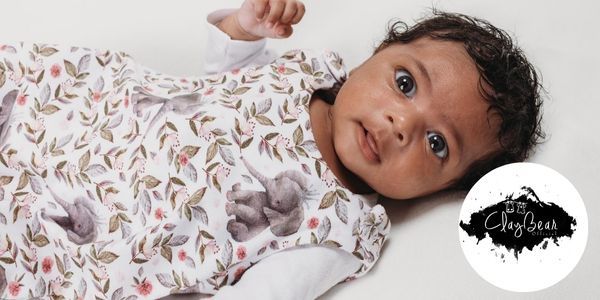
.jpg)
.jpg)

.jpg)

